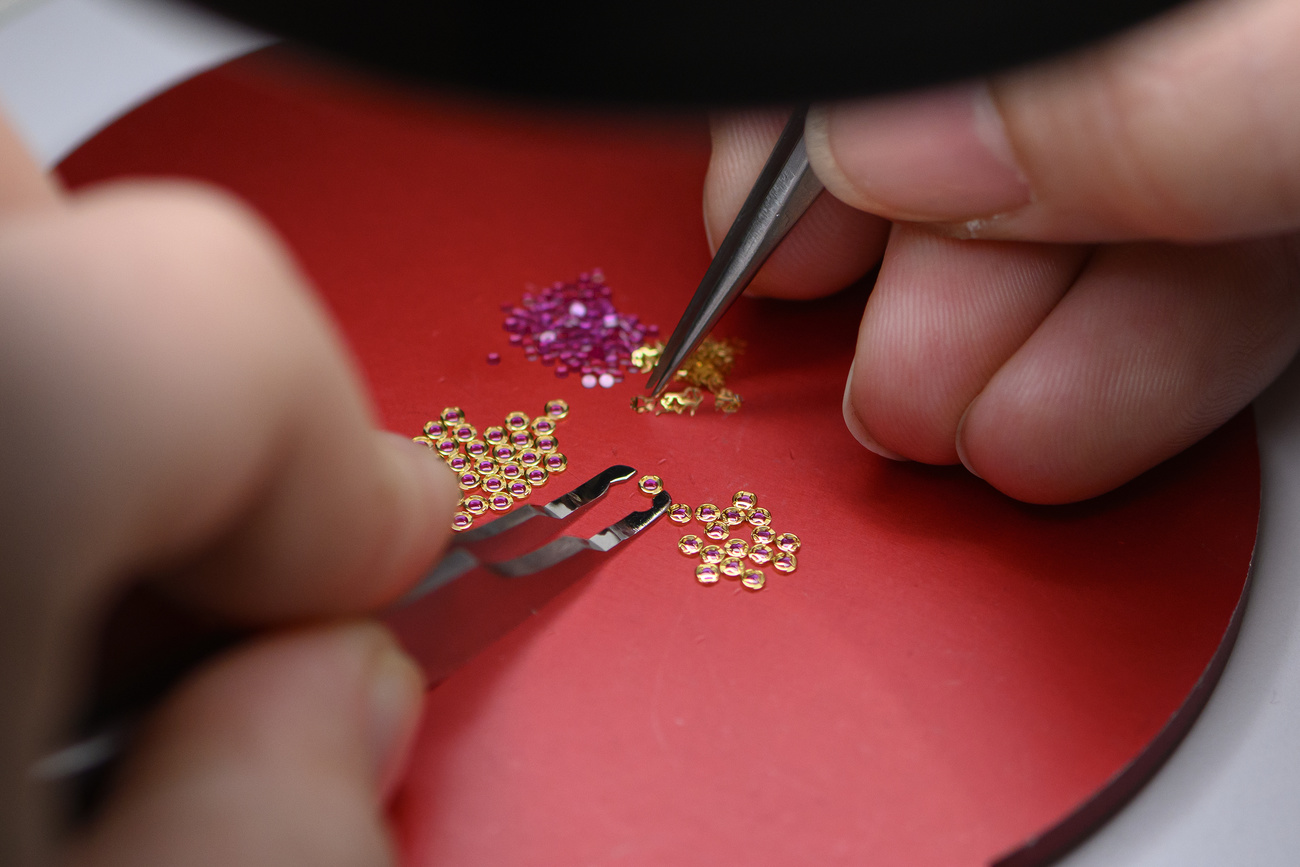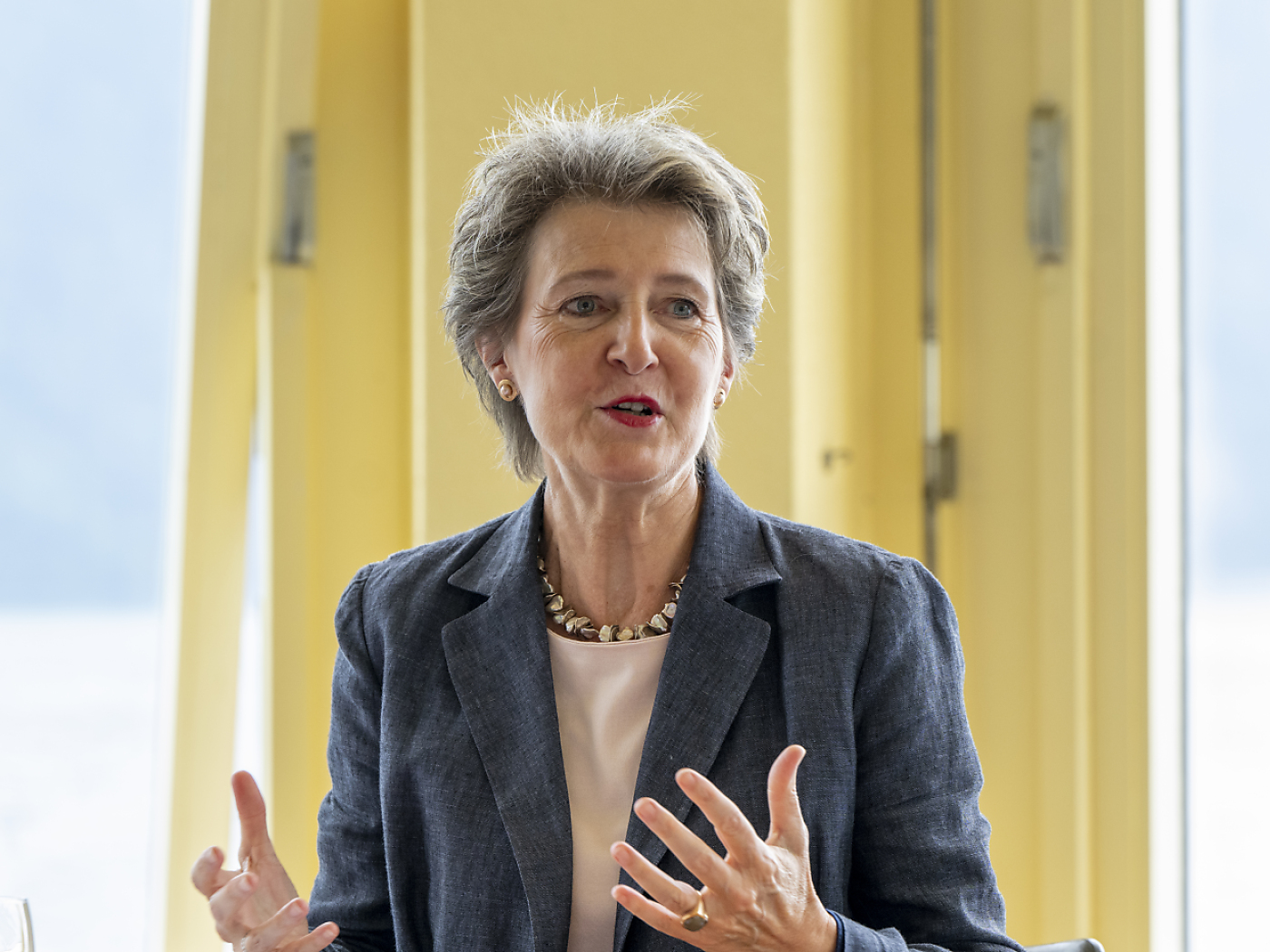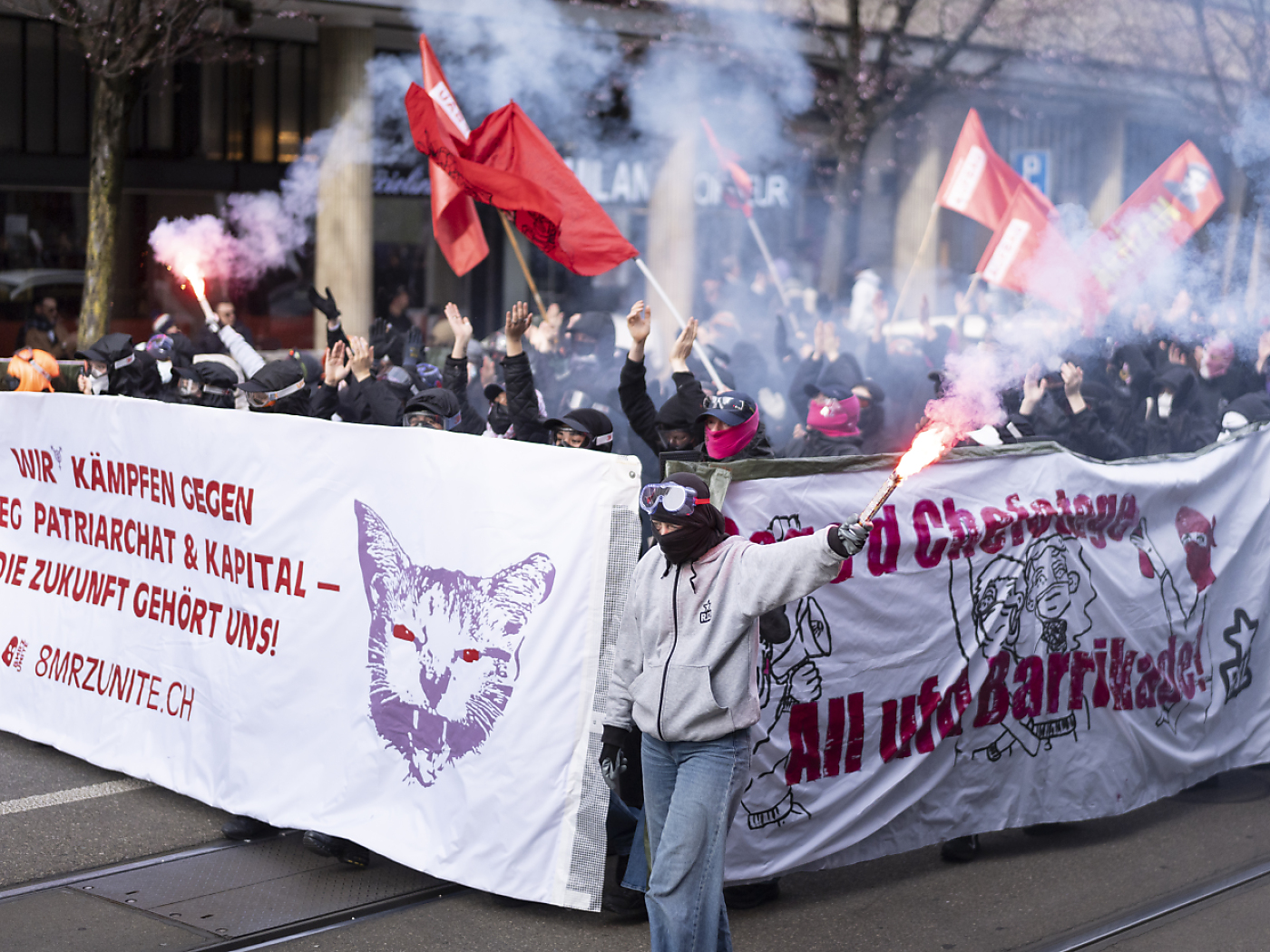New rape definition comes into force in Switzerland

“No means no” – from today, people in Switzerland will be afforded greater legal protection against non-consensual sexual acts.
Do you want to read our weekly top stories? Subscribe here.
Previously, rape or sexual assault only occurred if the perpetrator threatened the victim or used violence. This requirement no longer applies.
The crime of rape now includes not only sexual intercourse against the will of the victim, but also “acts similar to sexual intercourse” that involve physical penetration. According to the Federal Council, this means that significantly more sexual acts would be considered rape.
From today, so-called stealthing is also punishable. This offence occurs in consensual sex, but when one person involved secretly and without the prior consent of the other person removes the condom or does not use one from the start.
In addition, people who are accused of sexually harassing someone can be required to take part in a new learning program. However, after certain crimes, perpetrators could already be required to take part in such a program in the interests of prevention.
Parliament passed the revised sexual criminal law in June 2023. A particularly controversial issue was whether to choose “no means no” or “yes means yes”. According to this principle, sexual acts should only have taken place with the express consent of those involved.
There was also controversy over whether cybergrooming should be explicitly criminalised – this means initiating contact with under-16s with the intention of committing a sexual offense. Parliament ultimately decided not to include such a clause.
The responsible committee of the Senate, which prevailed on this point, had cited problems of demarcation. It had also argued that the current legal framework was sufficient to punish acts of this kind.
The House of Representatives had previously wanted to criminalise cybergrooming, but then tacitly agreed with the Senate.
Translated from German by DeepL/mga
This news story has been written and carefully fact-checked by an external editorial team. At SWI swissinfo.ch we select the most relevant news for an international audience and use automatic translation tools such as DeepL to translate it into English. Providing you with automatically translated news gives us the time to write more in-depth articles.
If you want to know more about how we work, have a look here, if you want to learn more about how we use technology, click here, and if you have feedback on this news story please write to english@swissinfo.ch.

In compliance with the JTI standards
More: SWI swissinfo.ch certified by the Journalism Trust Initiative


















You can find an overview of ongoing debates with our journalists here . Please join us!
If you want to start a conversation about a topic raised in this article or want to report factual errors, email us at english@swissinfo.ch.